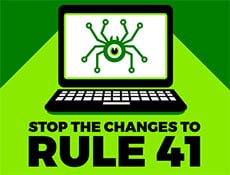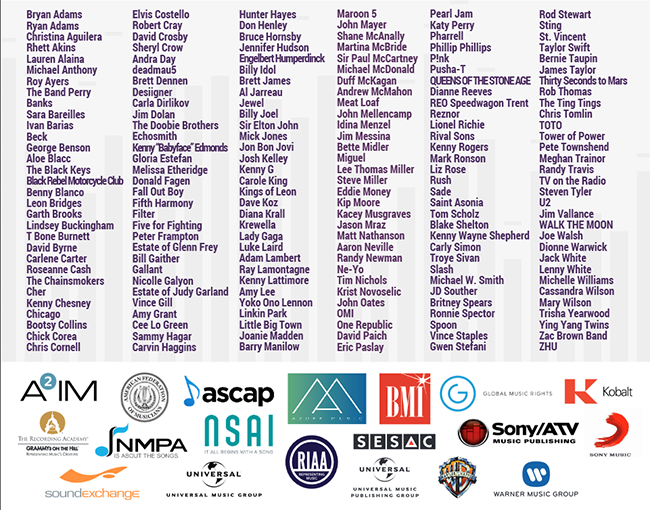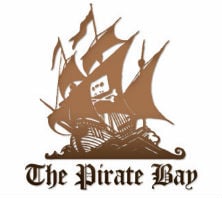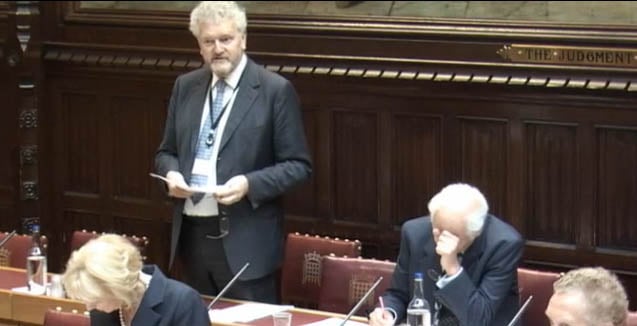 As a result of its attitudes towards copyright law, The Pirate Bay is without doubt the most blocked ‘pirate’ site in history.
As a result of its attitudes towards copyright law, The Pirate Bay is without doubt the most blocked ‘pirate’ site in history.
The notorious torrent index is already the subject of blocking orders in many countries worldwide, and others such as Australia are queuing up to add their names to the growing list. But for many citizens of Austria, where the site was blocked last year, the trend has just been reversed.
Following legal action that had dragged on for years, last year the Commercial Court of Vienna finally ordered local ISPs to block subscriber access to The Pirate Bay.
In addition to TPB, the court order also required the Internet providers to block three other “structurally infringing” sites – Isohunt.to, 1337x.to and the now-defunct h33t.to. Soon after, local music rights group LSG sent its lawyers after several other large ISPs urging them to follow suit, or else.
But now, a year on, the blocks appear to be unraveling after the Vienna Higher Regional Court overruled the decision of the Commercial Court. The ruling, which was handed down May 30 but only just made public, means that the ISPs are free to unblock the previously blocked sites.
Text from the unpublished ruling sent to TorrentFreak by FutureZone.at sees the court reference a case from Germany which concluded that ISP blocks are only warranted if copyright holders have exhausted all their options to take action against those actually carrying out the infringement.
In a press release, Maximilian Schubert, Secretary General of industry group Internet Service Providers Austria (ISPA), welcomed the decision as “an important milestone” in the fight against entertainment industry blocking demands.
But despite the clearly uncertain legal waters and battles yet to be concluded, rightsholders still aren’t giving up.
ISPA reports that in the days following the judge’s decision yet more blocking requests arrived at several of the country’s ISPs. They contain demands to block streaming platforms movie4k.tv, movie.to, movie2k.pe and kinox.tv.
ISPA is not impressed with these calls and has criticized rightsholders for attempting to force ISPs into the “role of a judge” when deciding whether there’s indeed a sufficient basis for a block.
“A problem in this context is that the offending pages also have legal content and it is no longer possible to access that if barriers are put in place,” Schubert said.
In closing, Schubert also warned that rightsholders are unlikely to accept the decision and will almost certainly appeal to the Supreme Court. Shortly after an appeal from the music industry was confirmed.
“The foundations for site blocking in Austria were clarified legally in a four-year procedure involving the European Court. In the present decision of the Vienna Higher Regional Court, we see the interests of artists and cultural producers ignored,” said IFPI CEO Franz Medwenitsch.
Source: TF, for the latest info on copyright, file-sharing, torrent sites and ANONYMOUS VPN services.



 Acting on intelligence provided by the UK’s Federation Against Copyright Theft, police in Northern Ireland raided a Londonderry home in May 2011.
Acting on intelligence provided by the UK’s Federation Against Copyright Theft, police in Northern Ireland raided a Londonderry home in May 2011.


 In 2013, anti-piracy prosecutor Fredrik Ingblad filed a motion targeting two of The Pirate Bay’s oldest domains, ThePirateBay.se and PirateBay.se.
In 2013, anti-piracy prosecutor Fredrik Ingblad filed a motion targeting two of The Pirate Bay’s oldest domains, ThePirateBay.se and PirateBay.se.



